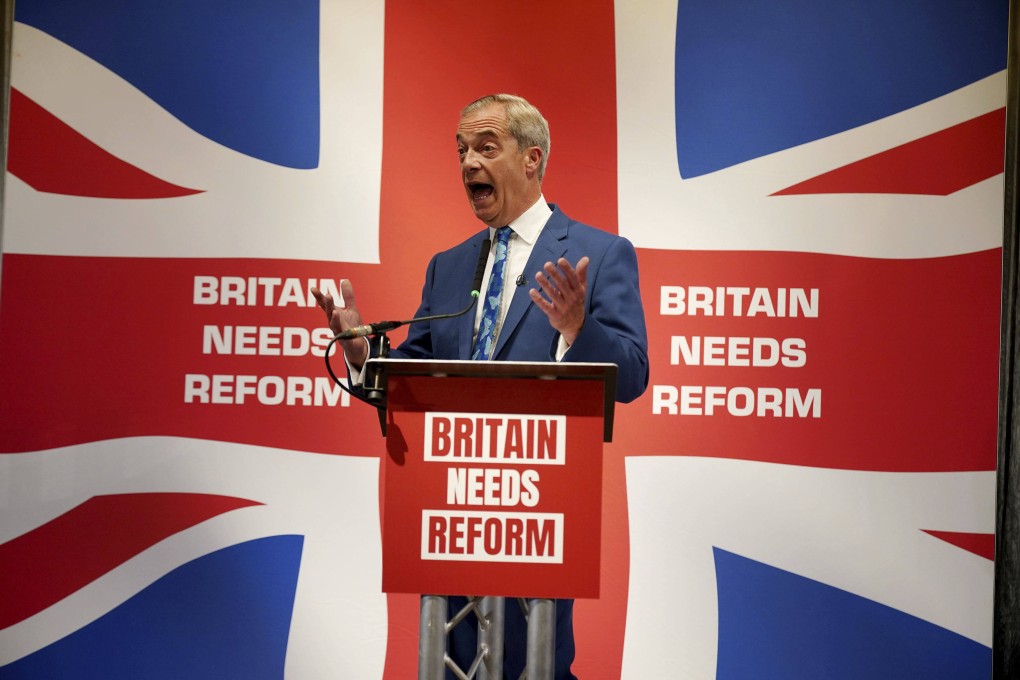My Take | Hong Kong people’s images of mainland China and UK may be changing
- Greater familiarities with Shenzhen and beyond through weekend visits and with Britain through BN(O) migration are likely altering their perceptions of both places in fundamental ways

I have never read a truer passage about human perception or misperception than this one from Public Opinion by the great political writer Walter Lippmann. It’s from the first chapter titled, “The World Outside and the Pictures in Our Heads”.
“[People] trusted the picture in their heads…,” he wrote. “Looking back we can see how indirectly we know the environment in which nevertheless we live. We can see that the news of it comes to us now fast, now slowly; but that whatever we believe to be a true picture, we treat [it] as if it were the environment itself.”
The actual world and our pictures of it don’t usually coincide, but hopefully, they don’t diverge so much as to be completely disconnected. Usually, the news media, movies, politics and popular culture in general filter and edit those pictures in our heads. We are too trusting of those highly processed pictures that may not be the most faithful representation of reality. Westernisation, Sinicization or what not – they are all the same process, and differ only in installing different pictures in our heads to make us think this or that is the “reality”.
For a long time, I could not understand why so many Hongkongers applying as British Nationals (Overseas) have been willing to risk and leave behind everything to move to Britain. Fleeing political persecution? Well, that’s what many Hong Kong people say they fear, but look at what they do.
After the crackdown following the 2019 riots and the end of Covid restrictions, people flock to Shenzhen and beyond for shopping and entertainment. Online tickets for the first three high-speed sleeper trains from Hong Kong to Beijing sold out in hours on Wednesday, while people queued at West Kowloon station for tickets for the new train service before counters opened. Well, I guess they were just eager to visit the totalitarian mainland where freedom dies.
Or is it simply that the mental pictures they have of mainland China have been changing drastically post-2019?
